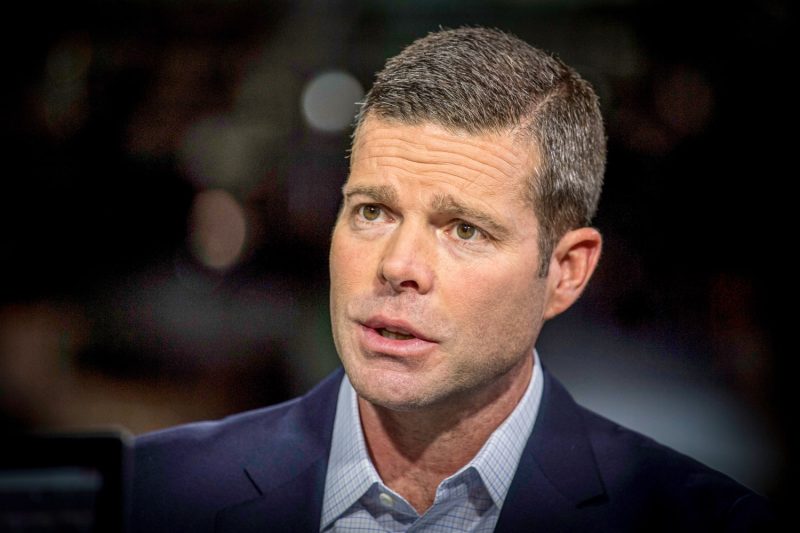
Walmart CFO Warns of Possible Price Hikes if Trump Tariffs Are Implemented
As per the CFO of Walmart, the retail giant might consider increasing prices following the implementation of tariffs proposed by President Trump. The potential tariff impacts on various consumer goods have raised concerns about the consequences on the retail sector. Walmart’s strategy to mitigate these challenges includes passing along some of the additional costs to consumers. This decision aligns with the company’s commitment to maintaining its profit margins and sustaining its competitive position in the market.
The imposition of tariffs poses a significant threat to the profitability of retailers who rely heavily on imports for their inventory. Walmart, being one of the largest importers of consumer goods in the United States, faces the risk of increased costs if the proposed tariffs are enacted. In response to this potential threat, the CFO’s remarks shed light on the company’s proactive approach to managing the situation.
Raising prices on certain products is a strategic move for Walmart to offset the impact of tariffs on its profit margins. By transferring part of the increased costs to consumers, the company aims to maintain its bottom line while continuing to offer quality products at competitive prices. This approach reflects Walmart’s focus on sustaining its financial health and ensuring long-term growth amid challenging market conditions.
Consumer reaction to price hikes resulting from tariffs will be a crucial factor in Walmart’s decision-making process. Balancing the need to protect its margins with the risk of losing customers to competitors will be a key challenge for the retail giant. However, Walmart’s strong brand reputation and wide customer base provide a solid foundation for implementing price adjustments without significant backlash.
The potential price increases at Walmart highlight the far-reaching impact of trade policies on the retail industry. As one of the leading players in the market, Walmart’s response to the tariff threats sets a precedent for other retailers facing similar challenges. The company’s focus on maintaining profitability and sustainable growth underscores the complex dynamics that businesses must navigate in a rapidly changing economic environment.
In conclusion, Walmart’s consideration of price adjustments in response to potential tariffs reflects a strategic approach to managing financial risks in the current trade climate. By preparing to pass on some of the additional costs to consumers, the company demonstrates its commitment to preserving its competitive position and financial stability. As the retail sector grapples with uncertainties stemming from trade policies, Walmart’s proactive stance serves as a case study in resilience and adaptability in the face of external challenges.
